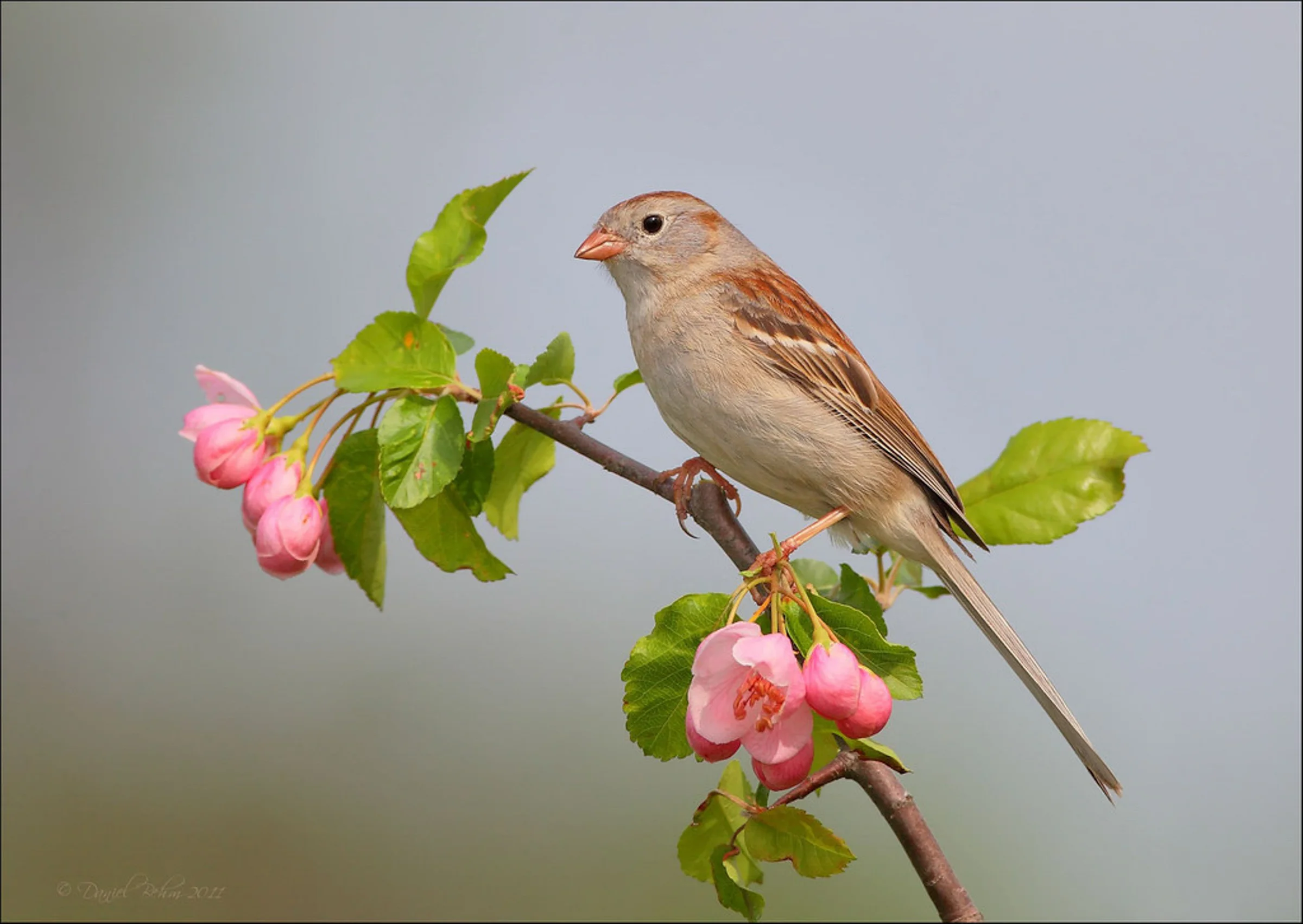“Content with metaphorical evocations of the dream, however, Oatley stops short of posing the question that almost inevitably suggests itself: If dreams and fictions are so intimately connected, might not the ‘psychology of fiction’ be the same as, or at least closely related to, the psychology of dreaming? And, if so, might not his study of ‘what happens psychologically when we engage with fiction as readers or audience members, and of what we are doing as writers and performers’, infinitely profit from taking into account the findings of contemporary sleep and dream research?”
“After all, both dreaming and waking fictions can be considered as manifestations of the same ‘literary mind’, to use Mark Turner’s much-cited phrase, and the vast majority of dream researchers today emphasize the creative, expressive and imaginative qualities of dreams.”
“Dreams figure prominently in literary writing, which is hardly surprising given that dreaming is a cross-cultural universal activity.”
http://ndl.ethernet.edu.et/bitstream/123456789/76372/1/110.pdf.pdf
!FictionNonFiction@lemm.ee “Fiction + NonFicton”
James Joyce ARG / Alternate Reality Game
An alternate reality game (ARG) is an interactive networked narrative that uses the real world as a platform and employs transmedia storytelling to deliver a story that may be altered by players’ ideas or actions. The form is defined by intense player involvement with a story that takes place in real time and evolves according to players’ responses. It is shaped by characters that are actively controlled by the game’s designers…
“Sean Stacey, the founder of the website Unfiction, has suggested that the best way to define the genre was not to define it, and instead locate each game on three axes (ruleset, authorship and coherence) in a sphere of “chaotic fiction””
